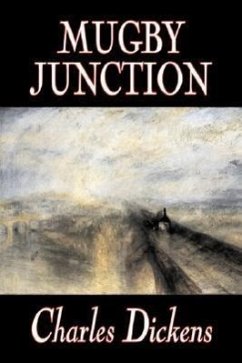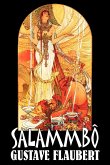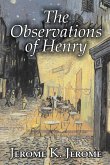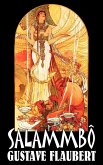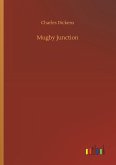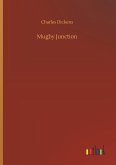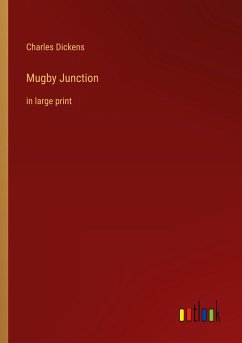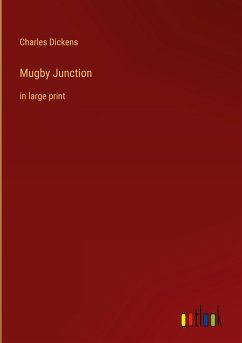Mugby Junction, first published in the 1866 Christmas issue of Charles Dickens's weekly magazine All the Year Round. Today, many people may not realize the debt they owe to Dickens -- his holiday stories almost single-handedly transformed Christmas from a disreputable holiday known for roughhousing and carousing, to the goodwill, charity and warmly-remembered traditions that the holiday represents today. As Dickens grew older, his fictional Christmases sometimes became far darker than the joyous holiday of A Christmas Carol. The original edition of the Christmas magazine All the Year Round also included ghost stories, and tales by other popular writers. Mugby (a thinly-veiled version of "Rugby") is a rail station situated in the British midlands. Well-known in the United Kingdom for its description of the unsavory railway refreshment room inspired by Dickens' 1965 train accident and a later, unpleasant repast, the rail station is a home base for the story of Jackson, a traveler who wanders into the station, alone and forlorn, at Christmastime. The kind and not-so-kind people he meets at the station tell tales of the holidays, of which the last, The Boy at Mugby, is the best.
Hinweis: Dieser Artikel kann nur an eine deutsche Lieferadresse ausgeliefert werden.
Hinweis: Dieser Artikel kann nur an eine deutsche Lieferadresse ausgeliefert werden.

